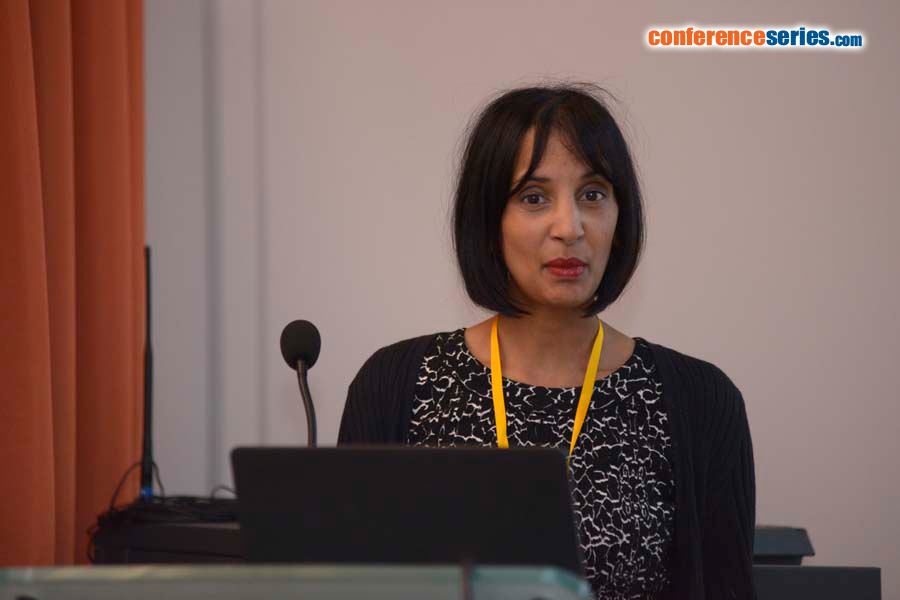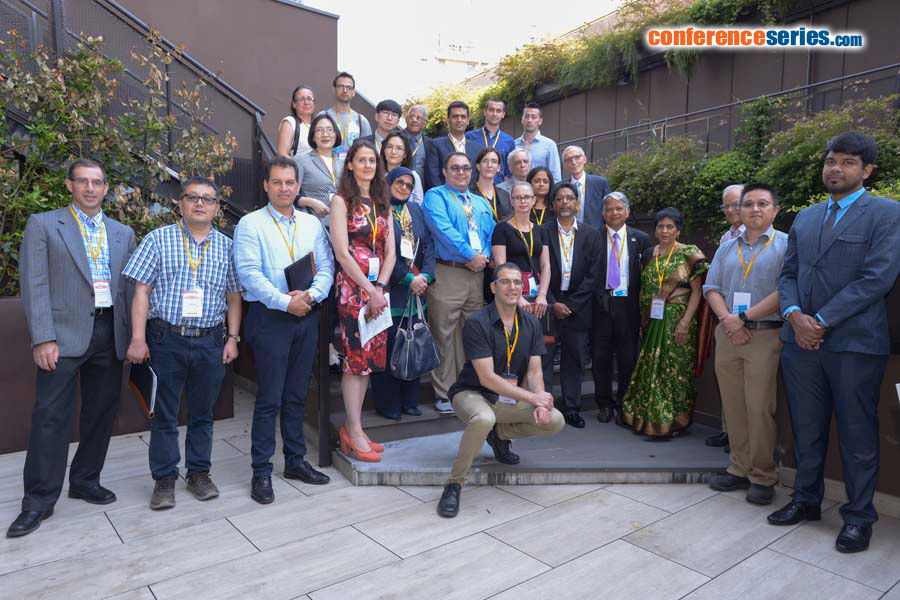
Anita N Datta
University of British Columbia, Canada
Title: The use of mTOR inhibitor for the treatment of refractory seizures in an infant with hemimegencephaly
Biography
Biography: Anita N Datta
Abstract
Hemimegalencephaly (HME) is a hamartomatous malformation involving one cerebral hemisphere, often resulting in treatment resistant seizures, intellectual disability, and autistic features. Hemispherectomy is the definitive treatment, but there is risk of high morbidity and mortality, especially when done in early infancy. Various preclinical studies have shown that dysregulation of the mTOR pathway has an integral role in the development of various epilepsy syndromes, including tuberous sclerosis complex (TSC), focal cortical dysplasia and HME. Recently, mTOR inhibitors were proven to effective in treating seizures in TSC. We present a case of a patient, who presented at 6 days of age with treatment resistant epilepsy, despite the trial of 9 anti-seizure medications and the ketogenic diet. As the patient was awaiting epilepsy surgery, an mTOR inhibitor, rapamycin was initiated. After 1 week of the initiation, she had more than 50% reduction in seizure frequency and total seizure burden and the duration of seizures decreased. (Total seizure burden was calculated as the total amount of time occupied by electrographic seizures during the video-EEG monitoring.) At two weeks, the parents felt that for the first time, she was making developmental gains. She also appeared brighter and more interactive. Due to her response to treatment, her hemispherectomy was deferred to when she was older with an increased weight. She had a functional hemispherectomy without any complications and is now seizure free. This case exemplifies how mTOR inhibitors should be considered as a treatment option for patients with HME and refractory epilepsy.



